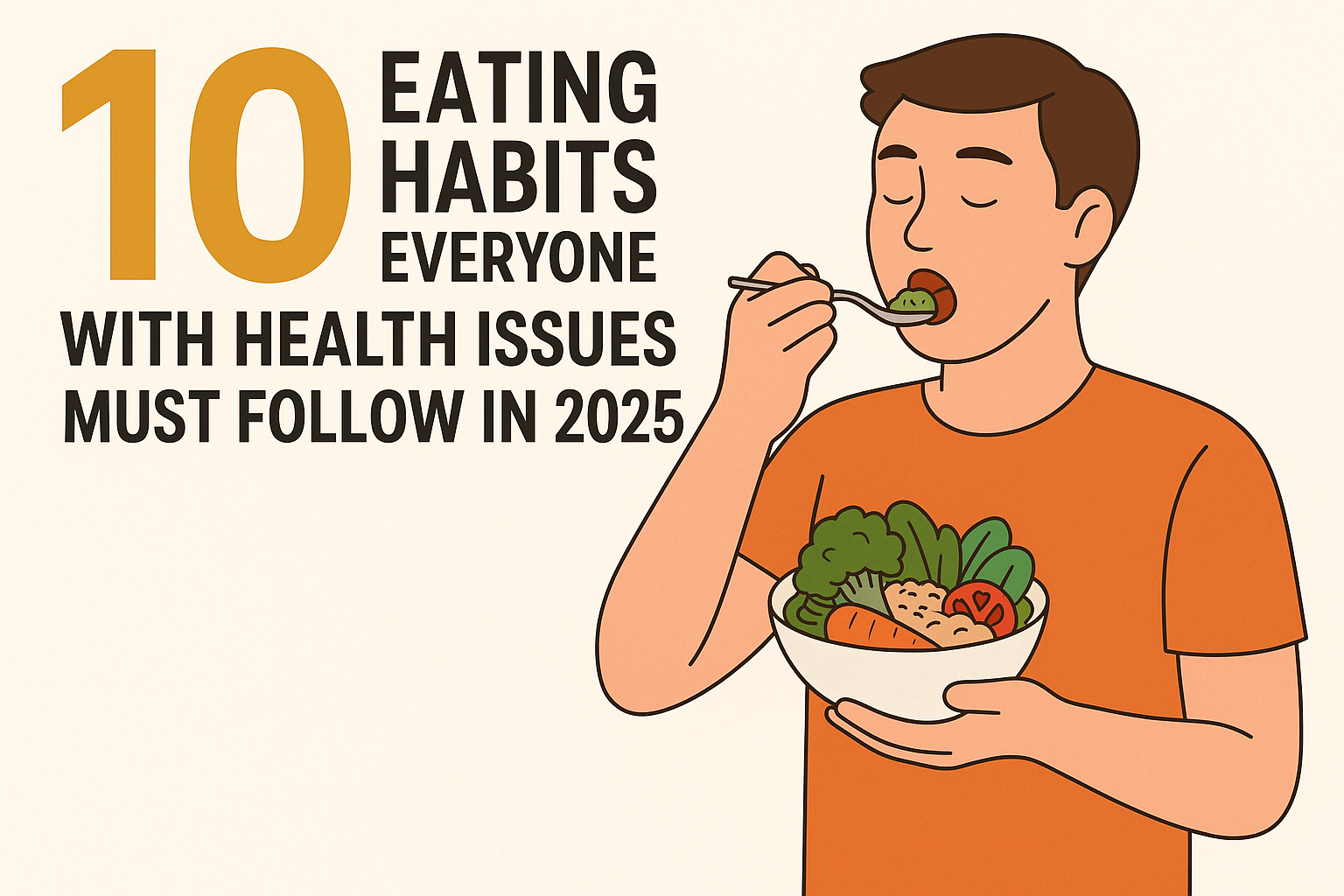We often speak about obesity in numbers — calories in, calories out. Charts. Metrics. Diet plans. We measure bodies like we measure bank accounts, as if weight were just the result of consumption and expenditure. But what if we’ve been looking at it all wrong?
What if obesity isn’t just physical mass…
But emotional memory?
What if our bodies are not just gaining fat — they’re storing stories?
The Library Beneath the Skin
Imagine this: every pound gained isn’t just a result of excess food but a page in a personal diary. A secret entry. A timestamp from a moment in time when something deeper happened — a heartbreak, a betrayal, a breakdown, a celebration.
In this view, obesity becomes an emotional archive — a living, breathing anthology of our unspoken experiences.
That night you ate an entire pizza alone wasn’t about hunger.
It was about silence.
The silence after the breakup.
The silence no one else heard.
That week you couldn’t stop snacking wasn’t gluttony.
It was grief.
Grief with nowhere else to go but inward.
The Body as a Backup Drive
Think about the way the mind works. It forgets things. It suppresses what it can’t handle. But the body? The body remembers. It stores.
When our minds want to forget — the body offers to hold on.
So, fat isn’t just fat.
It’s a soft armor. A cushion against chaos. A visible echo of invisible pain.
In this light, weight gain becomes less of a failure and more of a survival strategy. It’s the body saying, “If you can’t hold this, I will.”
And suddenly, shame doesn’t belong here. Compassion does.
Healing Requires Reading the Archive
Traditional weight loss asks us to restrict, to subtract, to burn, to sweat.
But if our bodies are libraries of lived emotion, then maybe true healing starts by reading the stories our bodies have been holding.
What if we approached weight loss not as a war but as a reconciliation?
Instead of saying:
- “I need to lose 30 pounds,”
We ask:
- “What story lives in these 30 pounds that I haven’t told?”
Instead of crash diets, we sit with the loneliness beneath the late-night binges.
Instead of punishing workouts, we move our bodies in ways that say, “Thank you for carrying me through.”
You Don’t Burn Stories — You Transform Them
When we see fat as failure, we try to erase it.
When we see fat as feeling, we try to understand it.
That’s the shift.
From control to connection.
From disgust to dialogue.
And yes, weight loss can still be a worthy goal — but not through war against the body.
Through conversation with it.
The Rewrite
Imagine a new kind of before-and-after photo.
Not one where you’re just slimmer.
But one where your eyes say: “I no longer carry what wasn’t mine.” “I’ve forgiven myself for things I never deserved to hold.” “I’m still me — just unburdened.”
Obesity as an emotional archive isn’t a medical diagnosis. It’s a metaphor.
A doorway to understanding the complex, human reasons we eat, gain, and hold weight.
Because maybe your body hasn’t betrayed you.
Maybe it’s been protecting you all along.
And maybe, just maybe, it’s time to stop erasing the weight…
And start rewriting the story.



